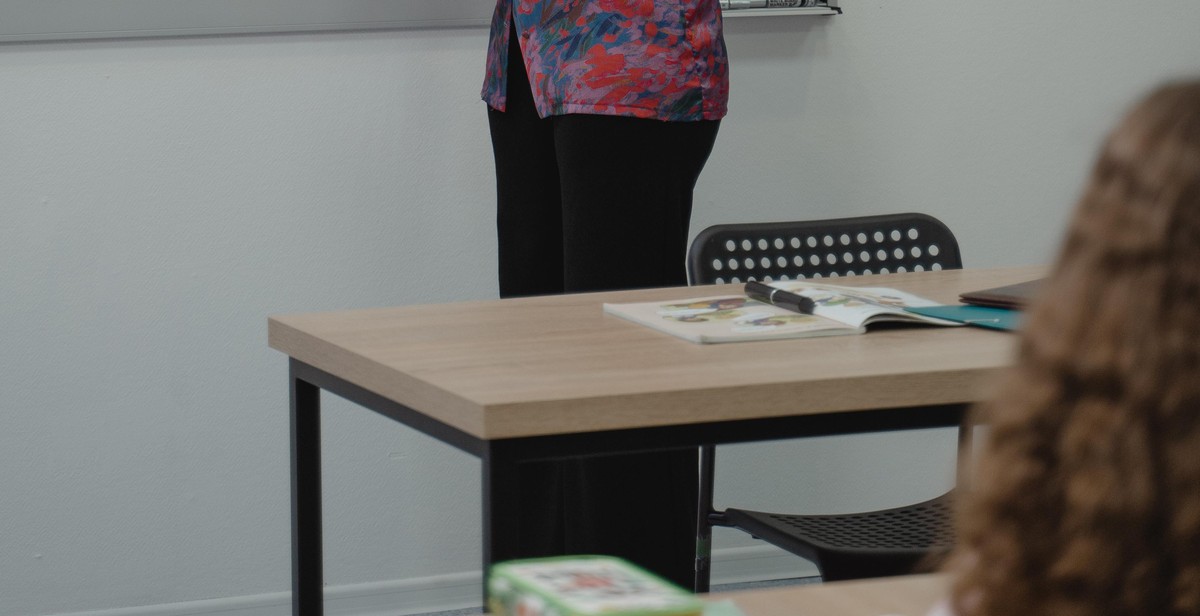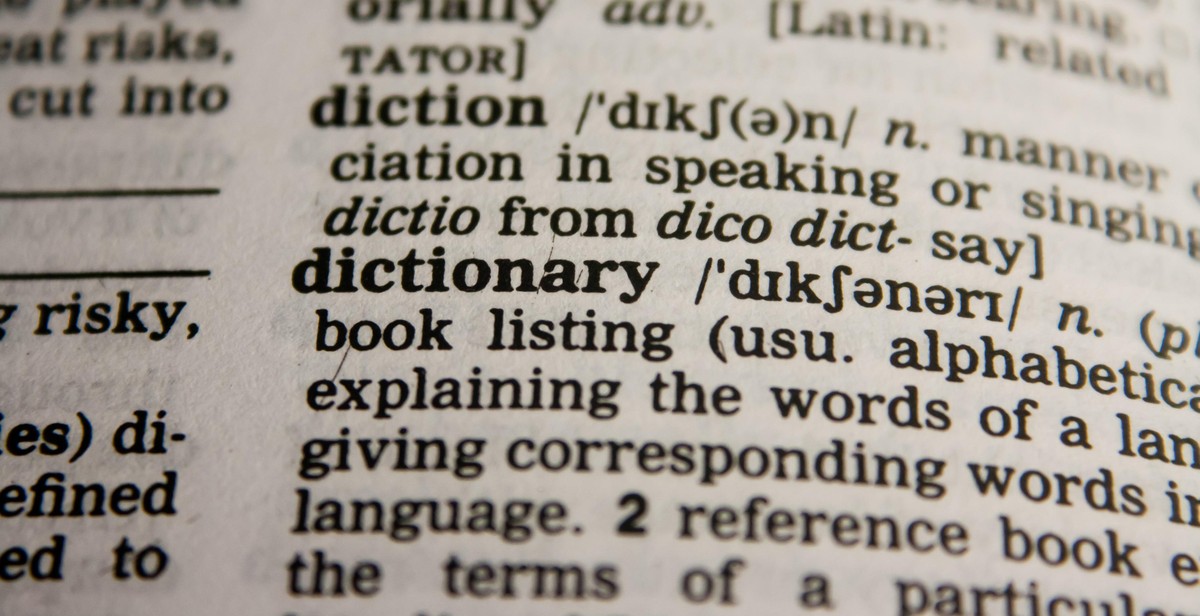How to Master Pronunciation in a Foreign Language: Tips and Techniques for Clear Articulation
Learning a new language can be an exciting and rewarding experience, but mastering pronunciation can be one of the most challenging aspects of the process. Pronunciation plays a crucial role in effective communication, as it can impact how well you are understood by native speakers and how confident you feel when speaking in a foreign language.
Why Pronunciation is Important
Pronunciation is an essential component of language learning because it affects the meaning of words and phrases. Mispronouncing a word can lead to confusion or even embarrassment, especially in social or professional situations. Correct pronunciation also helps you to better understand native speakers and to communicate more effectively with them.
Furthermore, good pronunciation can help you to build relationships and make a positive impression on others. It can also improve your listening skills, allowing you to pick up on subtle nuances and understand more complex language structures.
Common Challenges in Mastering Pronunciation
There are several common challenges that learners face when trying to master pronunciation in a foreign language. These include:
- Understanding and producing unfamiliar sounds
- Recognizing and using correct stress and intonation patterns
- Overcoming interference from your native language
- Gaining confidence in speaking and practicing regularly
Fortunately, there are many tips and techniques that can help you to overcome these challenges and improve your pronunciation in a foreign language. In this article, we will explore some of these strategies in detail to help you master clear articulation and communicate with confidence.

Tips for Improving Pronunciation
Clear articulation is essential for effective communication in a foreign language. Here are some tips for improving your pronunciation:
Listen and Repeat
One effective way to improve your pronunciation is to listen to native speakers and repeat what they say. Pay attention to the way they pronounce words and try to mimic their intonation, rhythm, and stress patterns. This will help you to develop an ear for the language and improve your own pronunciation over time.
Record Yourself Speaking
Recording yourself speaking is another useful technique for improving your pronunciation. Listen to your recordings and compare them to those of native speakers. Identify areas where you need to improve and focus on those sounds or words.
Focus on Specific Sounds
Some sounds in a foreign language may be more difficult to pronounce than others. Identify which sounds you struggle with and practice them regularly. Use online resources and pronunciation guides to help you master these sounds.
Use Pronunciation Guides
There are many resources available online that can help you with pronunciation. Use these guides to learn the correct pronunciation of words and sounds. You can also use apps and websites that offer interactive exercises and feedback on your pronunciation.
Get Feedback from Native Speakers
One of the best ways to improve your pronunciation is to get feedback from native speakers. Find a language exchange partner or take a class with a native speaker. Ask them to listen to your pronunciation and provide feedback on areas where you need improvement. This will help you to develop a more natural-sounding accent.
By following these tips, you can improve your pronunciation and become a more effective communicator in a foreign language.

Techniques for Clear Articulation
Clear articulation is an essential aspect of mastering pronunciation in a foreign language. The following techniques can help improve your articulation:
Mouth and Lip Exercises
Exercises that target the muscles in your mouth and lips can help you improve your articulation. Try these exercises:
- Pucker your lips and hold for 5 seconds, then release.
- Smile as widely as you can, then relax your face.
- Move your jaw from side to side, then up and down.
- Stretch your lips into a smile, then slowly bring them back to a neutral position.
Breathing Exercises
Breathing exercises can help you control your breath and speak more clearly. Try these exercises:
- Inhale for 4 seconds, hold your breath for 4 seconds, then exhale for 4 seconds.
- Inhale deeply, then exhale slowly and steadily while making a “shh” sound.
- Take a deep breath, then slowly exhale while saying “ha” for as long as possible.
Tongue Twisters
Tongue twisters can help you practice difficult sounds and improve your overall articulation. Try these tongue twisters:
- She sells seashells by the seashore.
- Red lorry, yellow lorry.
- How can a clam cram in a clean cream can?
- Irish wristwatch, Swiss wristwatch.
Speaking Slowly and Clearly
Speaking slowly and clearly is one of the most effective ways to improve your articulation. Take your time when speaking, and focus on pronouncing each word correctly. Use pauses to give yourself time to breathe and think about what you want to say.
| Technique | Benefits |
|---|---|
| Mouth and Lip Exercises | Strengthens mouth and lip muscles |
| Breathing Exercises | Improves breath control and stamina |
| Tongue Twisters | Helps practice difficult sounds |
| Speaking Slowly and Clearly | Improves overall articulation |
By incorporating these techniques into your language learning routine, you can improve your articulation and master pronunciation in a foreign language.

Resources for Pronunciation Practice
Improving your pronunciation in a foreign language can be a challenging task, but there are several resources available to help you practice and perfect your skills. Here are some of the best resources for pronunciation practice:
Language Learning Apps
Language learning apps are a great way to improve your pronunciation skills. Many of these apps offer interactive exercises and games that allow you to practice your pronunciation in a fun and engaging way. Some of the most popular language learning apps for pronunciation practice include:
- Duolingo: This app offers a variety of pronunciation exercises that help you practice your speaking skills.
- Babbel: Babbel offers voice recognition technology that allows you to practice your pronunciation and receive instant feedback.
- Rosetta Stone: Rosetta Stone offers immersive pronunciation practice exercises that help you learn to speak like a native.
Online Pronunciation Courses
Online pronunciation courses are another great resource for improving your pronunciation skills. These courses are typically more structured than language learning apps and offer more in-depth instruction. Some of the best online pronunciation courses include:
- Pronunciation Workshop: This course offers a step-by-step approach to improving your pronunciation skills.
- Speechling: Speechling offers personalized feedback from native speakers to help you improve your pronunciation.
- FluentU: FluentU offers a variety of pronunciation practice exercises, including videos and audio recordings.
Language Exchange Programs
Language exchange programs are a great way to practice your pronunciation skills with native speakers. These programs allow you to connect with people who are fluent in the language you are learning and practice speaking with them. Some popular language exchange programs include:
| Language Exchange Program | Description |
|---|---|
| Italki | Connects you with native speakers for one-on-one language practice sessions. |
| Tandem | Allows you to connect with native speakers through a messaging app and practice speaking and writing. |
| Conversation Exchange | Connects you with language partners for conversation practice over Skype. |
By using these resources for pronunciation practice, you can improve your speaking skills and communicate more effectively in a foreign language.

Conclusion
Mastering pronunciation in a foreign language is a challenging task, but with consistent practice and the right techniques, it is achievable. It is important to understand that pronunciation is not just about learning the sounds of a language but also about understanding the rhythm, stress, and intonation patterns.
Consistency is Key
Consistency is key when it comes to improving your pronunciation skills. It is important to practice regularly, even if it is just for a few minutes a day. Consistency will help you build muscle memory and make pronunciation more natural.
Keep Practicing
Remember, practice makes perfect. It is important to keep practicing even when it feels frustrating or difficult. Don’t be afraid to make mistakes, as they are a natural part of the learning process. Use the tips and techniques outlined in this article to help you practice effectively and efficiently.
In Conclusion
Mastering pronunciation in a foreign language takes time and effort, but it is a worthwhile endeavor. By focusing on the sounds, rhythm, stress, and intonation patterns of the language, and practicing consistently, you can improve your pronunciation skills and communicate more effectively in your target language.
